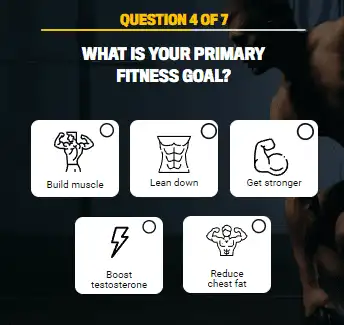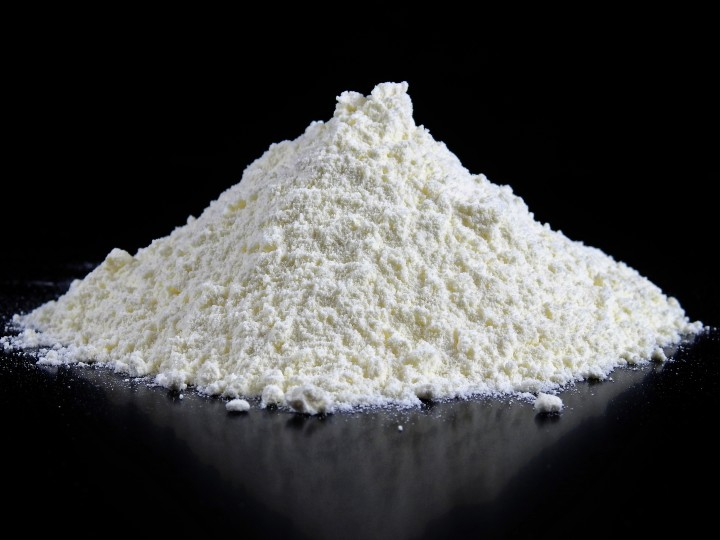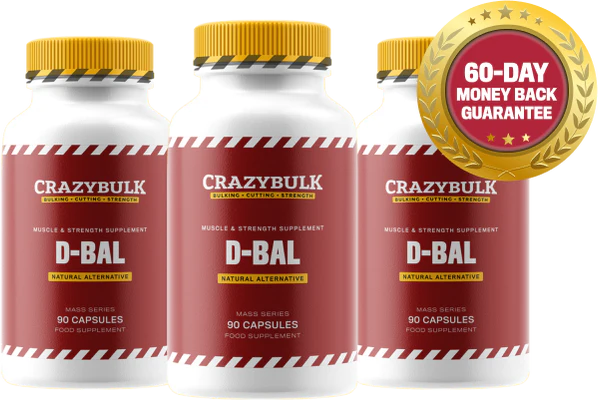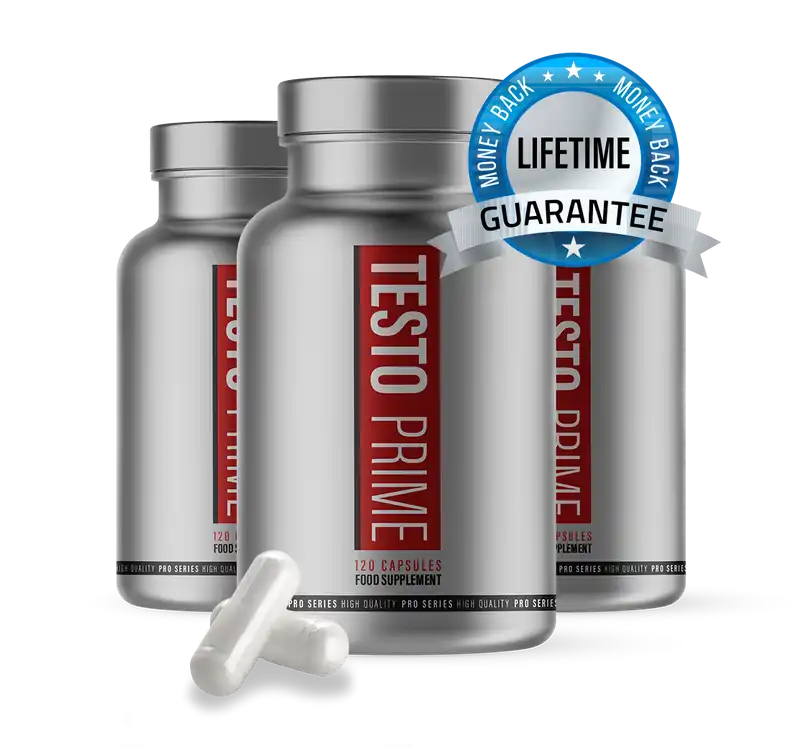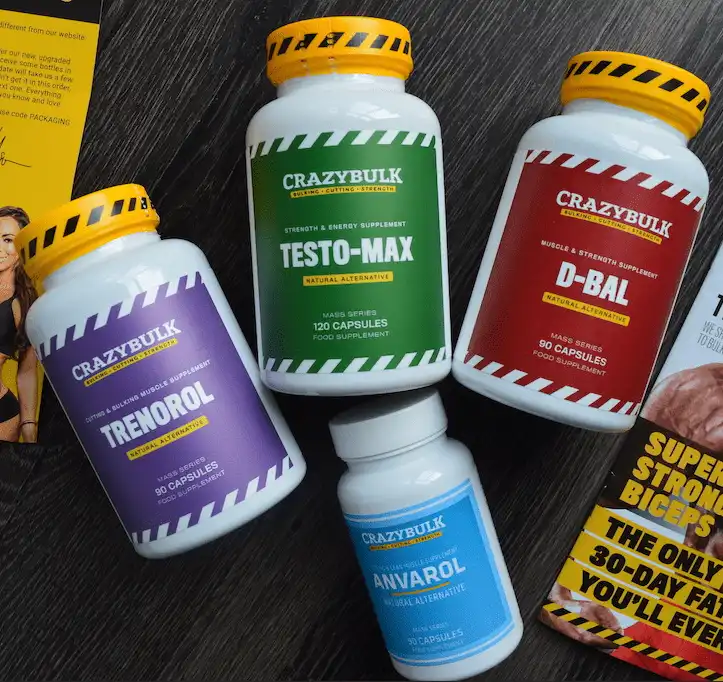The questions surrounding creatine and its potential effects on facial bloating have been circulating the fitness world for years.
“Does creatine make your face fat?” and “Does creatine make you look puffy?” are common queries among both fitness enthusiasts and those new to the supplementation world.
Let’s delve into these questions and discover the truth about creatine and facial bloating.
What is Creatine?
Before we tackle the main concern, it’s essential to understand what creatine is and how it works.
Creatine is a substance naturally found in muscle cells, helping your muscles produce energy during high-intensity exercise or heavy lifting.
BULKING or CUTTING? We teamed up with the number one bodybuilding supplement brand on the market to help you take your results to the next level. A free custom supplement plan designed to enhance your results.
Its popularity as a supplement stems from its effectiveness in improving strength, muscle mass, and exercise performance.
Does Creatine Make Your Face Fat?
In order to address the question, “Does creatine make your face fat?” we must consider the mechanism of action of creatine in the body.
When taken as a supplement, creatine can indeed cause water retention, particularly in the muscle cells.
This process is called creatine loading, and it’s responsible for the initial weight gain many users experience.
However, creatine doesn’t specifically target facial tissues or cause the face to accumulate fat.
My Top Recommended Supplements
Facial puffiness or bloating associated with creatine use is likely due to water retention and not an increase in facial fat.
It’s also worth noting that this effect can vary widely from person to person, with some reporting noticeable changes, while others see none at all.
Does Creatine Make You Look Puffy?
So, “Does creatine make you look puffy?” The answer is, it might. But why?
Creatine’s mechanism of enhancing muscle energy involves pulling water into the muscle cells, which may lead to a temporary increase in water weight and cause a puffy look.
This effect is generally more apparent in the muscles, but for some individuals, this water retention may cause a slightly puffy appearance in the face.
It’s important to understand that this is typically a temporary effect and doesn’t equate to an increase in body fat.
The puffy look is a consequence of water retention and not fat accumulation.
Does Creatine Bloat Go Away?
Those concerned about the temporary bloating from creatine often ask, “Does creatine bloat go away?” The answer is yes.
This bloating is most common during the initial phase of supplementation, known as the loading phase.
Once your body gets accustomed to the supplement, the bloating typically subsides.
Hands down the top-rated testosterone booster supplement for men who want faster muscle growth.
The amount and duration of bloating can also be influenced by the dosage of creatine.
Higher doses may lead to more water retention, while lower doses are less likely to have this effect.
Legal muscle-building supplement that's designed to mimic the effects of dianabol without all side effects.
Therefore, gradually increasing your dose may help to minimize any initial bloating.
Does Creatine Water Retention Go Away?
Moving on to the question, “Does creatine water retention go away?” The answer is, generally, yes.
The water retention experienced during the initial stages of creatine supplementation usually diminishes as your body adjusts to the new supplement.
However, as long as you continue to take creatine, a certain degree of water retention may persist.
This is a normal and expected part of creatine’s function.
Once you stop using creatine, your body will gradually shed the extra water, and any associated puffiness or bloating should recede.
Conclusion
While creatine can cause temporary water retention and potential puffiness, it does not make your face fat.
The associated water retention and bloating usually reduce over time as your body adjusts to the supplement.
If you’re concerned about these side effects, it may be worth considering a lower dosage or discussing your creatine use with a healthcare provider or a nutrition expert.

